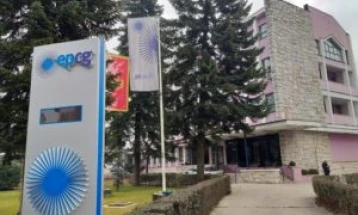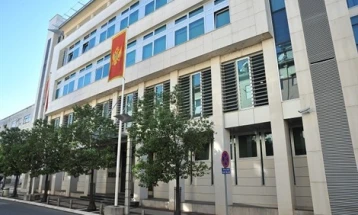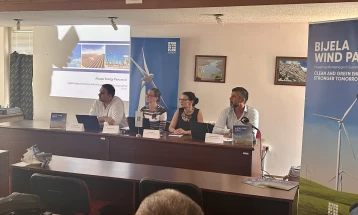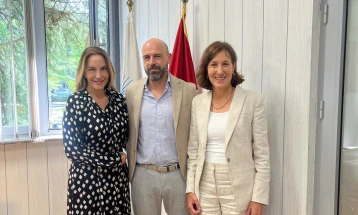For Spending 3,500 Kilowatt Hours, Bill Rises for 324 DEM
- For Spending 3,500 Kilowatt Hours, Bill Rises for 324 DEM
- Post By daniloc
- 13:34, 30 januar, 2002

Podgorica, (Montena-business) - Use of block tariff for calculation of the spent electrical energy that Electric-Power Industry of Montenegro (EPCG) proposed to the Government, should contribute to saving of electricity, says EPCG.
The Company#s representatives claim that use of the block tariff for spending 1,100 kilowatt hours of electrical energy would increase the households# monthly bill for DEM 7,5 only.
According to the calculation on effects of use of block tariff, the households would pay DEM 135,57, instead of DEM 112,98 for consumption of 1,500 kilowatt hours.
Possible use of block tariff would have the greatest impact on the third group of households, which spend more than 1,500 kilowatt hours per month so those that spend 1,700-kilowatt hours would now pay 52 DEM more than they have paid so far.
For consumption above 2,500 kilowatt hours and 3,500-kilowatt hours, 173 DEM and 324 DEM more should be prepared, respectively.
The calculation was done on the basis of winter prices of electrical energy, with assumptions that a household spends 1/3 of #expensive electricity# during the day, and the EPCG imports, in average, about 10% of electrical energy at lower prices.
The EPCG proposed the block tariff 10 days ago, with explanation that its introduction would mean that the buyers who spend up to 900 kilowatt hours per month would pay the same price for electricity. For monthly consumption of up to 1,500 kilowatt hours, the EPCG proposed an increase by 50% of the electricity price, and above this quantity, it proposed an increase of 300%.
The president of the Board of Directors of EPCG, Mr. Radoje Kontic, said that about 81% of Montenegrin households belonged to the first group of consumers, who spent up to 900 kilowatt hours per month.
Although the Company#s representatives claim that they want to make the households reduce their consumption of electricity by introduction of the block tariff, the Union (Confederation of Independent Trade Unions in Montenegro) said that it was a blow at the citizens# financial ability.
No one knows whether calculation of effects of the new block tariff would assist in attempts of EPCG to adjust the consumption of electricity with its capacity to produce and import it, but the citizens will surely be able to estimate its effects on their budget.
The Montenegrin Government has not yet discussed the proposal of EPCG, but, in case it is passed, this company wants the use of this new tariff for January#s bills as well.
af/km












